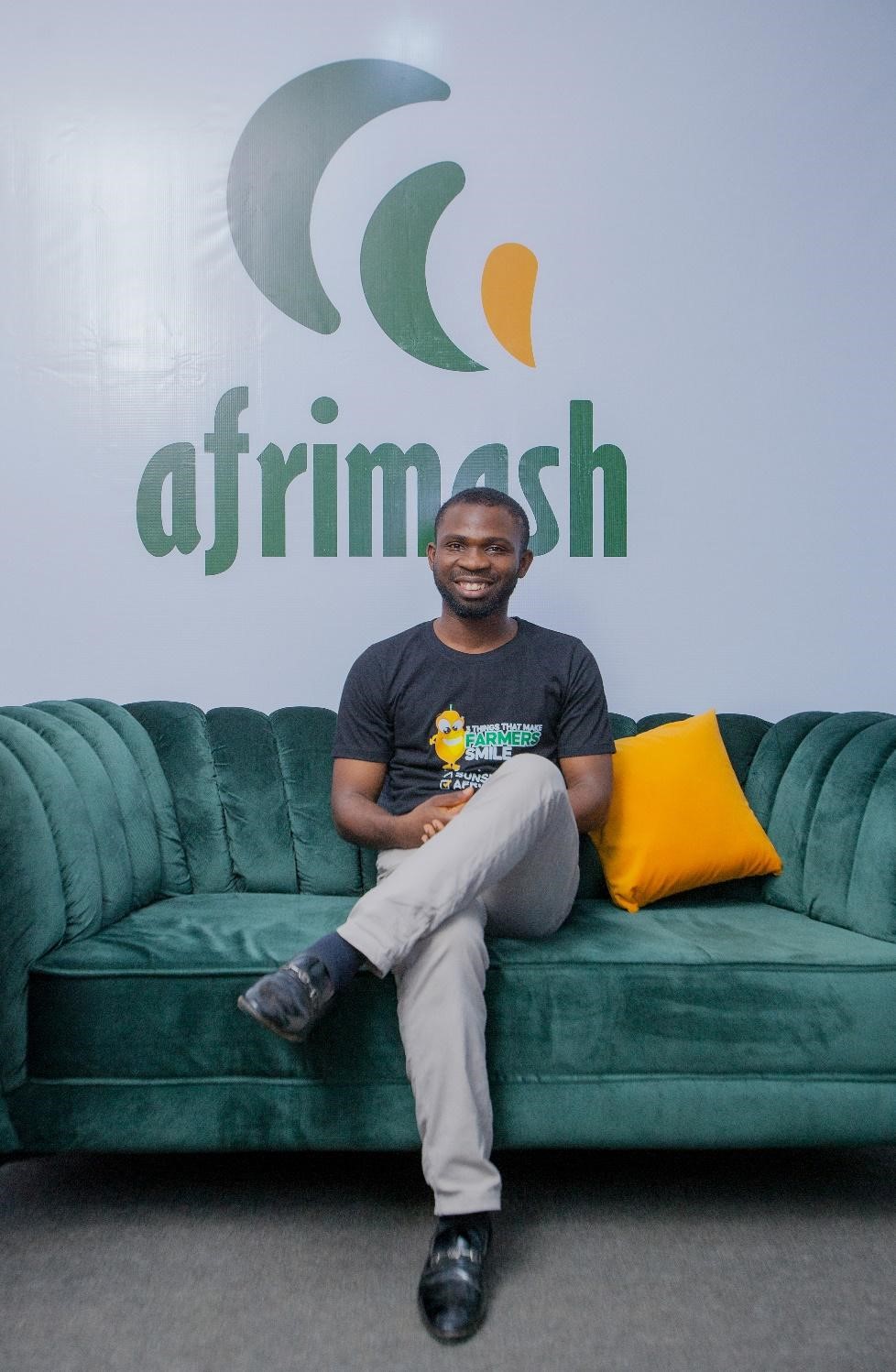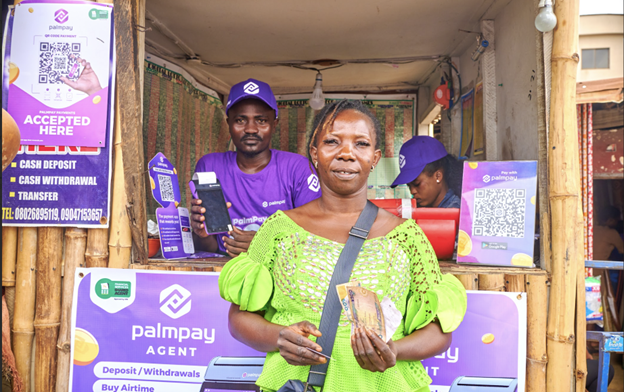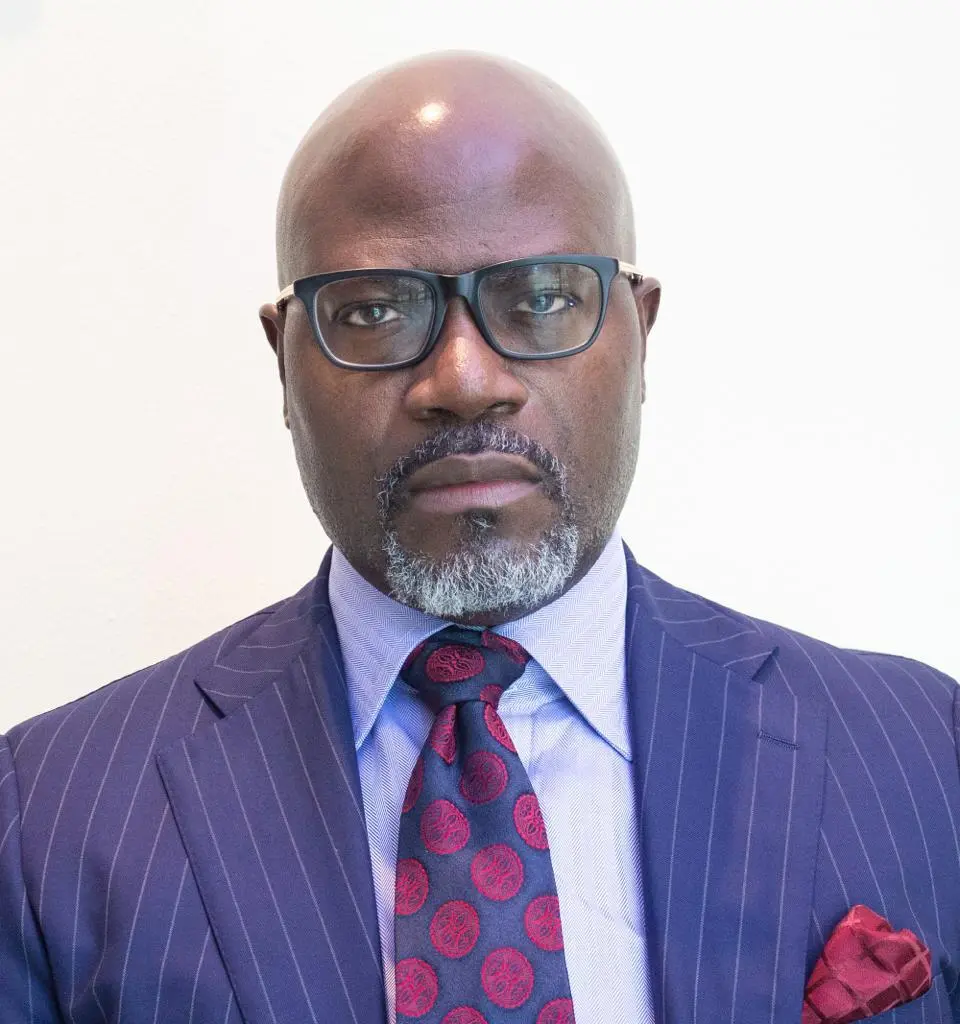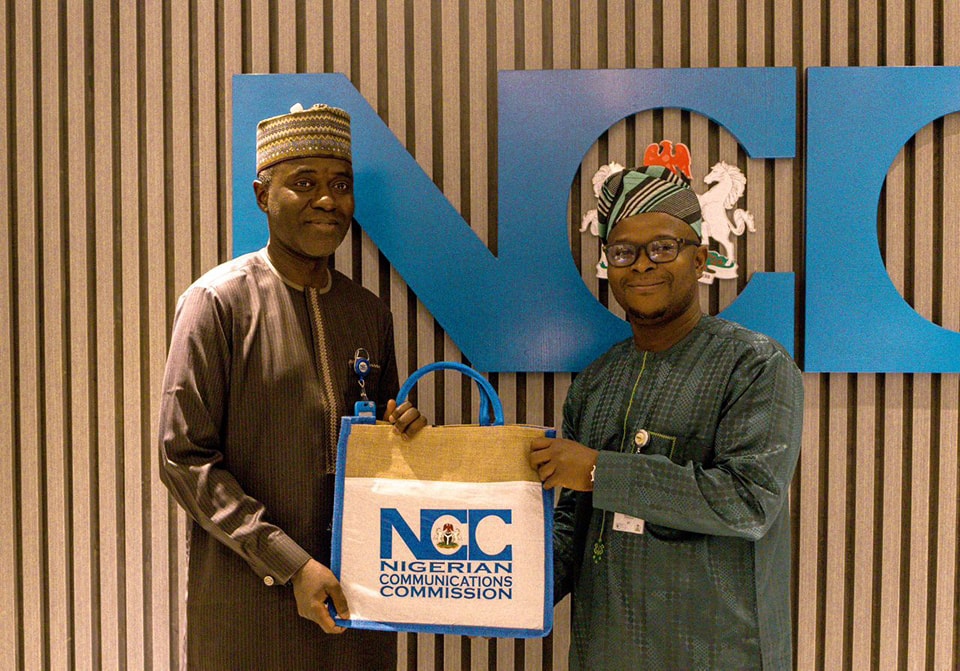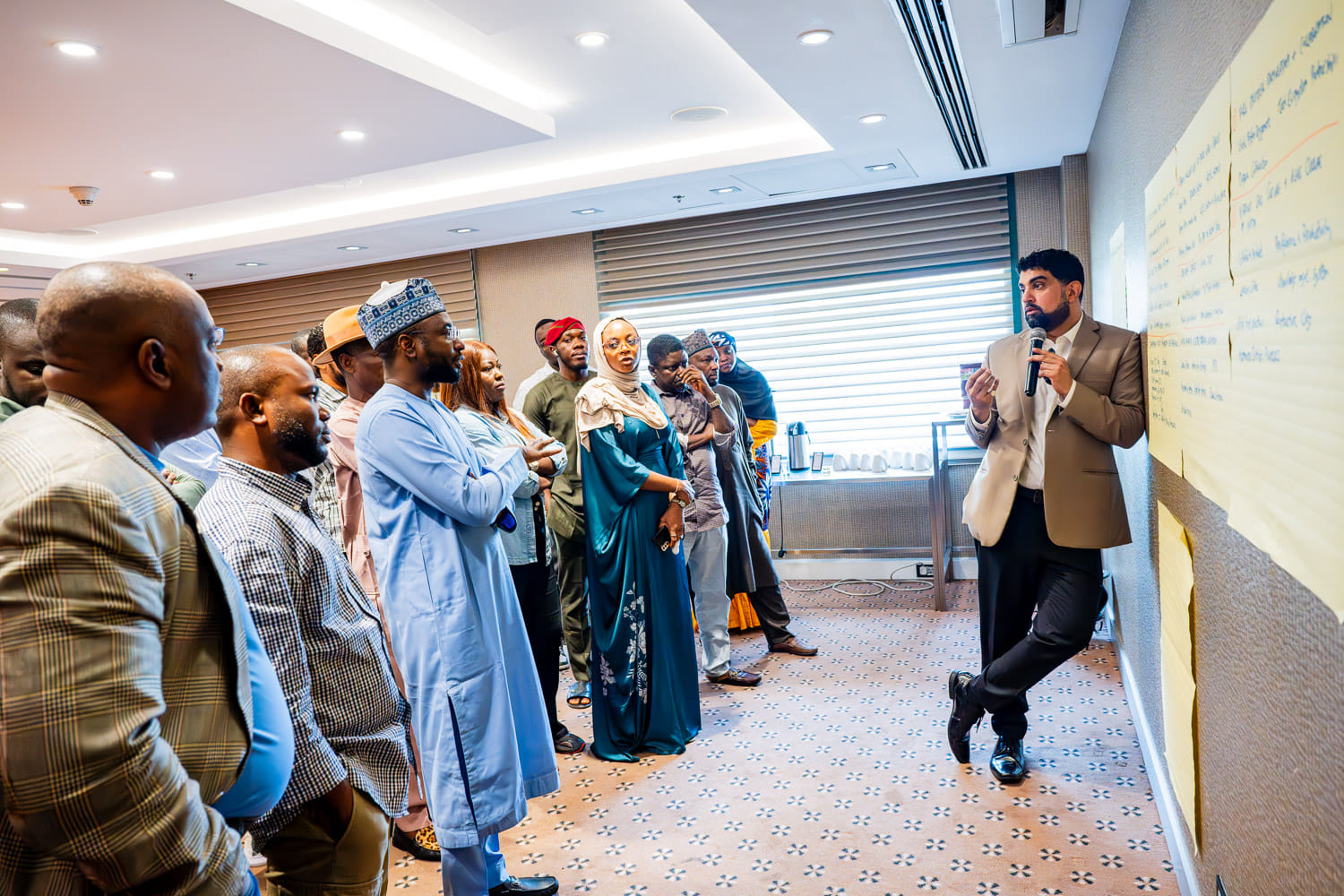In this interview, Ayoade Ahmed Oyedotun, the Chief Executive Officer and Co-Founder of Afrimash Limited, Nigeria’s leading agri-tech eCommerce platform speaks on the agriculture sector and how Afrimash is using information technology to improve food security and productivity in Nigeria via their new USSD Code and Agent Network. Anthony Nwosu captures this in an exclusive interview.
What is informing your decision on deploying these technologies in Nigeria?(Tell us about Afrimash)
Our mission is to make agriculture convenient for everyone. We want to create a system where farmers can have access to quality products without stressing them in Nigeria and in Africa as a continent. We know that the industry is growing and the players making waves are focused on funding, off-taking and access to credit facilities. While we focus on access to quality inputs and so on, we can be looking to off-take from farmers. We wouldn’t wait for the full digitalization of our farmers. We rather chose to bring these technologies to them and make life easier for them. They do not have to be tech gurus to be able to place orders. With the USSD code and agent network, farmers can be anywhere and have access to any farm input they so desire.
Tell us about your USSD that you just deployed?
The agent network works with these three platforms; the USSD, Agent Mobile app and IVR (Integrated Vertical Response – a self-service voice response that prompts callers on what to do). The USSD technology made it possible for people that do not have smartphones to access our products and farm inputs using the code – *2282*2#. At AFRIMASH, we are focused on convenient agriculture. Although we started with just the website, we had to discover the bridge to link us to farmers, especially those that do not have access to the internet. This was the sole reason we deployed our USSD codes, to help those that do not have smartphones. The USSD code is important to these farmers and we have a lot of products in various categories. The USSD option grants access to lots of products in various categories. Features under the USSD option include order placements, shipping options, wallet, hot deals, and much more. By using this code, farmers can be notified of the nearest pickup locations to pick up their products. Our USSD makes it easy for farmers to access quality farm inputs and can be accessed via any network.
Tell us about the Agent Network and how it works
We realized that access to quality agricultural inputs has always been a challenge for farmers in rural communities. In 2021 we applied for and won a $150,000 grant from the United States Agency for International Development (USAID) in order to solve this critical problem for farmers. This birthed our Agent Network which is particularly unique in Nigeria’s Agri-tech ecosystem.
AFRIMASH has over 3,000 products on our website and we have the desire that farmers should know how to get easy access to these products. What we did was get an agent in every community to serve these farmers and farming clusters who asks them what they need and places an order on the website or Agent app and we get them delivered. We started this network in sixteen (16) states, Kaduna, Kebbi, Adamawa, Yobe, Gombe, Borno, Benue, Niger, Ebonyi, Delta, Cross River, Oyo, Osun, Lagos, Ogun and Ekiti States. This agent network is co-sponsored by USAID and GIZ (Deutsche Gesellschaft für Internationale Zusammenarbeit).
Tell us about this USAID ?
In 2021, we made a pitch to USAID, and won a grant. We were given a sum of $150,000. This grant helped us in expanding the scope of our business. Their support made it possible for us to reach areas and communities that have insecurity issues such as Borno, Gombe, Yobe and Adamawa.
 How many agents do you have presently and what are the impacts they have been able to make in the farming ecosystem?
How many agents do you have presently and what are the impacts they have been able to make in the farming ecosystem?
Across these states we have a minimum of hundred agents in each state and multiply it by these sixteen states then we have over a thousand six hundred states. Although this has positively impacted our finances, most importantly, we have created jobs for over one thousand six hundred people and we have also been able to reach out to over one hundred and twenty-three thousand farmers across the nation. This is a remarkable achievement for us this year. We have also seen our revenue growth and have been able to reach out to places that we only dreamt of. Our drive is that farmers get quality farm inputs irrespective of their literacy level.
Our app is so easy that Agents can know how much they are making on orders and can withdraw it to their regular bank accounts. The Agent Network has made things easy for farmers in the country.
Trust and acceptability would have been a challenge. How were you able to surmount this?
We initially had this challenge, farmers were used to the ‘cash and carry’ mode of transactions, but we are disrupting that model. We were able to gain an edge due to the profile of the agents we used- reputable individuals in the community. We also worked with Agric Extension officers from the ministry of agriculture. This method has helped us scale.
Support system for farmers in Nigeria is mostly lacking especially in the rural areas, what are you doing about this?
We offer systems and technical support from our in-house experts in fields such as agronomy, veterinary medicine and agricultural engineering. These experts reach out to these farmers, take enquiries and offer advisory services. Farmers understand that we have industry experts and due to this confidence, we have been able to advise them through their production processes; from delivery to production. We do not leave farmers without aid. We follow up from conception to production till access to the market. We have partnered with many organizations on the best farming methods for these farmers.
What are the challenges you have with poultry farmers in ?
One major challenge has been the quality of the birds. We have started verification of the day-old chicks by putting stringent measures which ensure that farmers get quality day-old chicks from hatcheries across the country. We want farmers to get quality birds that will give them maximum output. We have put in place robust quality assurance processes that are conducted by our in-house veterinary doctors. These experts certify the quality of these birds that will go out.
How has this agent network program impacted the lives of farmers?
One of the critical areas that affects farmers is expiry of products. Most times farmers buy from villages or roadside Agro-allied product vendors that take time to sell a product. With our Agent Network, the farmers can have access to products that haven’t expired because we have partnership with manufacturers and authorized distributors. This way, farmers can be assured of the quality of the products, hence the issue of buying expired products have been eliminated.
As we are approaching the end of the year, what can you say AFRIMASH has been able to achieve?
We have made tremendous strides such as the introduction of the USSD technology and the agent network program. We wanted to capture farmers and farming communities in remote areas in all the six geopolitical zones in Nigeria. We have also worked on various projects and have been able to impact the lives of several farmers.
What are we to expect from AFRIMASH this last quarter and in future?
Running our platform online, we have been able to close to a million items to farmers in over 10,000 transactions in Nigeria till date. The introduction of USSD and the agent network has the potential to scale it up and get to millions of farmers in Nigeria. We want to enable them to also shop through the IVR technology where they have access to online shopping assistant. We have a long product roadmap and they are designed for farmers regardless of their level of exposure to digital tools.
We want them to have access to quality products and we are just one click away.
“Our mission is to make agriculture convenient for everyone. We want to create a system where farmers can have access to quality products without stressing them in Nigeria and in Africa as a continent.”

